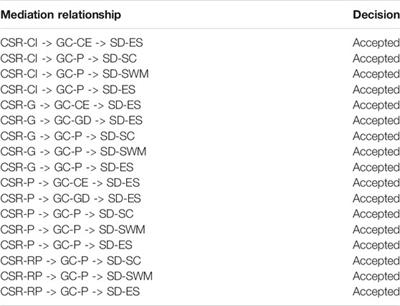EDITORIAL
Published on 21 Oct 2022
Editorial: Wind and solar energy sources: Policy, economics, and impacts on environmental quality
doi 10.3389/fenvs.2022.1054259
- 1,290 views
- 2 citations
10k
Total downloads
54k
Total views and downloads
EDITORIAL
Published on 21 Oct 2022
ORIGINAL RESEARCH
Published on 09 Aug 2022

ORIGINAL RESEARCH
Published on 13 May 2022

ORIGINAL RESEARCH
Published on 17 Mar 2022

ORIGINAL RESEARCH
Published on 08 Mar 2022

ORIGINAL RESEARCH
Published on 25 Feb 2022

ORIGINAL RESEARCH
Published on 25 Jan 2022

ORIGINAL RESEARCH
Published on 01 Dec 2021

